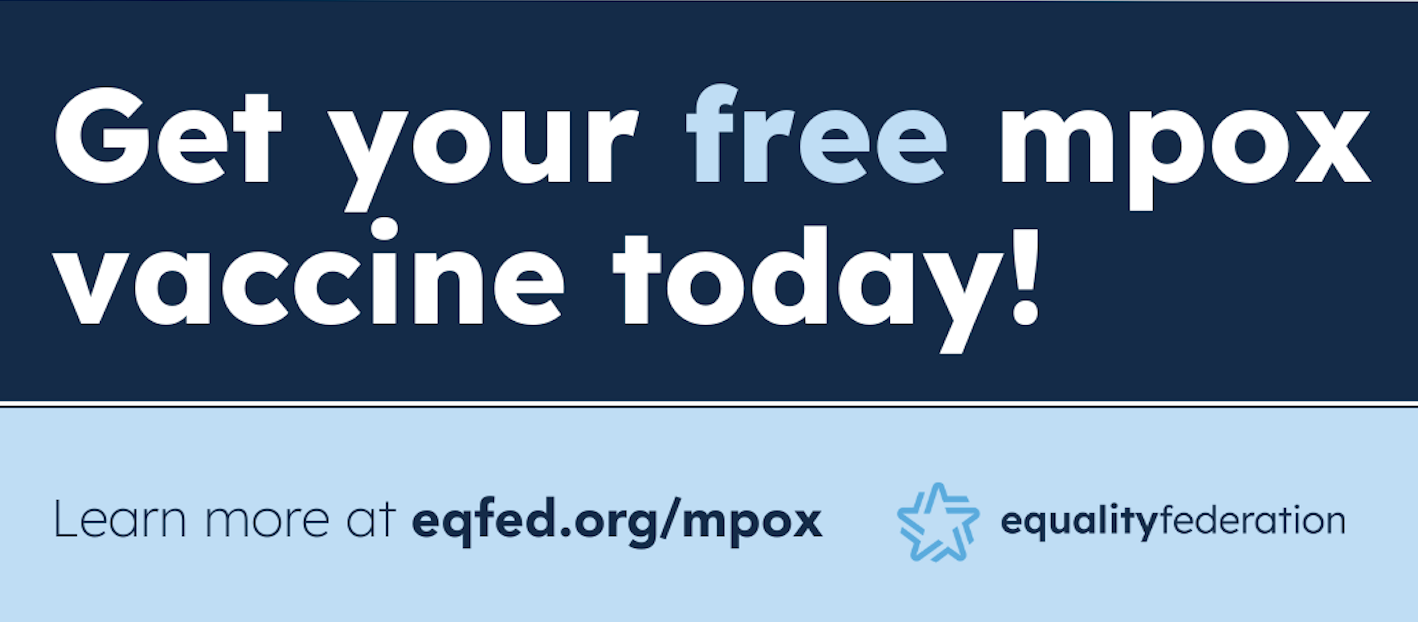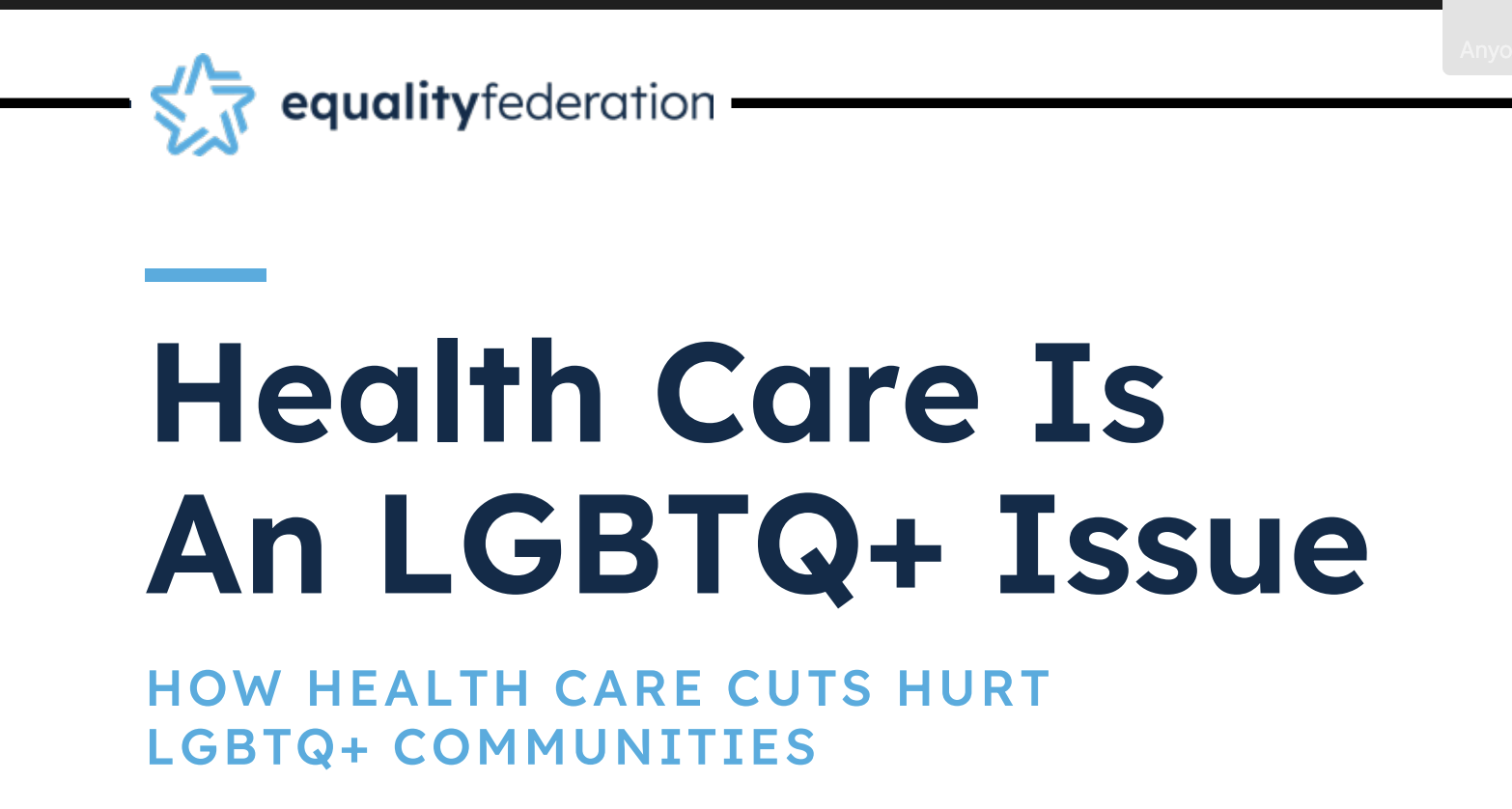Member Resource: National Center for Transgender Equality Releases Report To Improve Conditions for LGBT Prisoners

In a country that incarcerates more of its people than any other in the world, lesbian, gay, bisexual, and transgender (LGBT) people are more likely to end up behind bars, and even more likely to face abuse while there.
To address the issues and harms faced by LGBT prisoners, and to give activists and allies tools for working to improve jail and prison conditions for these individuals, the National Center for Transgender Equality has released an excellent new resource: Standing with LGBT Prisoners: An Advocate’s Guide to Ending Abuse and Combating Imprisonment.
Research has shown that LGBT people are disproportionately likely to come into contact with the criminal justice system, particularly LGBT youth and transgender people of color. The guide created by NCTE provides extensive guidance on advocating for policies to protect trans people in local jails and other facilities, as well as how LGBT groups can work against the incarceration of LGBT people.
The disproportionate rates of LGBT imprisonment are astonishing, and they reveal just how important it is for our movement to work towards ending the abuse endured by prisoners. In its research, NCTE found:
- 16% of transgender adults have been in a prison or jail for any reason, compared with 2.7% of all adults who have ever been in prison;
- as many as 13 - 15% of youth in juvenile detention are LGBT; and
- of more than 200,000 youth and adults that are sexually abused in prisons, jails, and juvenile detention facilities each year, according to federal estimates, prisoners who identified as “non-heterosexual” were 3 times as likely to report sexual abuse.
Right now, jails, prisons, and other custodial agencies around the country are looking at developing policies related to LGBT people, many for the first time. It is therefore crucial for LGBT state and local groups of advocates and allies to work to improve the conditions of particularly vulnerable members of our community.
In Standing with LGBT Prisoners: An Advocate’s Guide to Ending Abuse and Combating Imprisonment, NCTE provides an introduction for LGBT and allied activists to a range of issues that affect LGBT people behind bars. It also includes a toolkit to advocate for policies that will protect the safety, health, and rights of all LGBT people who may find themselves imprisoned.
While this resource is best suited for advocates who are working with local or state corrections facilities, as well as those interested in doing this type of work, even if you do not actively work on prison reform issues, you can help get this guide into the hands of the right people.

%20(2).jpg)



.jpg)
.jpg)
.jpg)
.jpg)
.jpg)
